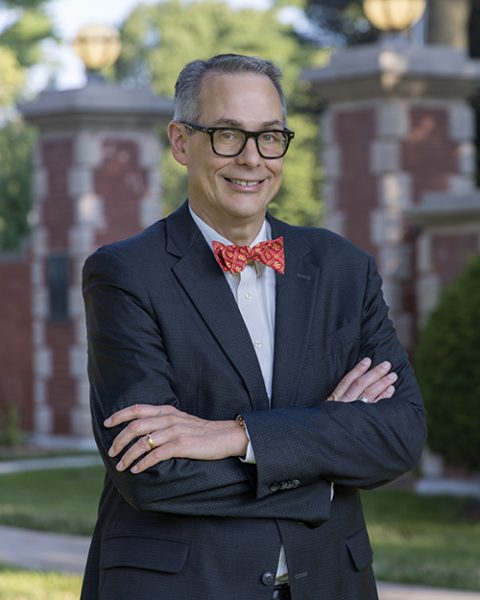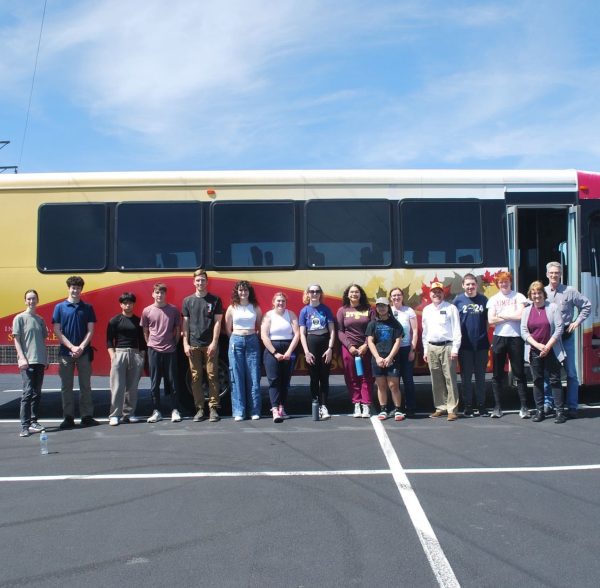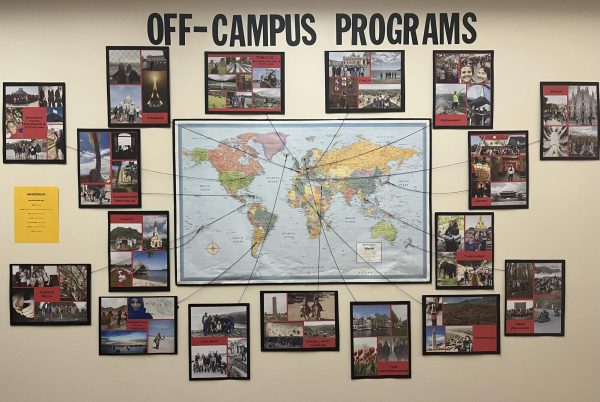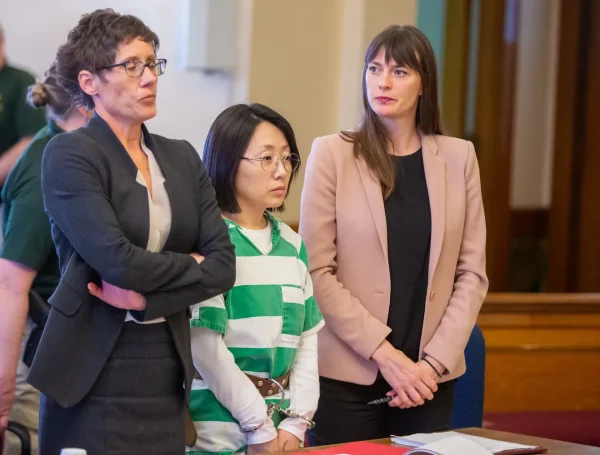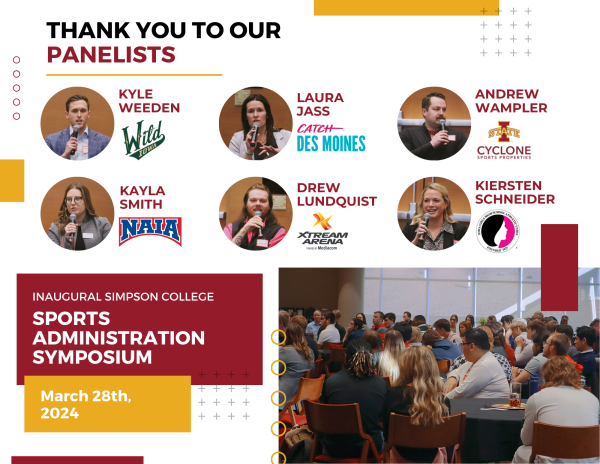MSA hots gender and diversity panel
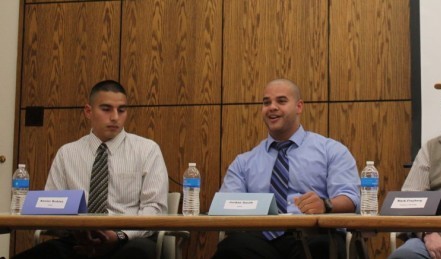
November 28, 2012
Men of different backgrounds and ages spoke about out how diversity and gender in society have had an influence on their lives during a discussion panel put on by Multicultural Student Alliance group [MSA].
“I don’t want people to look at me as just the black guy because that’s what it has always been my entire life,” senior Jordan Smith said.
Smith is of half European decent, half African American and Native American mix.
“You wouldn’t believe how many people see you and before they know you they make assumptions,” Smith said.
Most people don’t realize Smith’s background and the fact that his father was an African American who grew up on a farm.
“Somebody will see me singing a country song and say ‘I didn’t assume you like country,’” Smith said. “Well why do you assume that? It happens all the time because that’s what society told them to do for so long.”
Smith was one of six men who made up the panel and are looking to create equality among gender and diversity.
The three other student panel members included junior Taylor VanDeKrol, freshmen Andre Thomas and junior Xavier Robles.
Assistant Dean of International Multicultural Students Walter Lain, and Professor of Sociology and Co-advisor to MSA Mark Freyberg, made up the last two members.
“I think it is a hurtful thing for one to expect something from someone else without ever engaging their own experiences,” Thomas said. “With education and critical thinking skills, people can come to realize that a lot of the time things that you see are not exactly what they are. You have to look at it from your own perspective, engage your own mind and thoughts and then make your decision.”
Thomas and Lain are both of an African American ethnicity.
Lain, as an adult, has had some of these hurtful experiences. When going to Walmart he often gets asked if he needs help from employees.
“I realize they’re not trying to help me; they’re trying to get me out of the store,” Lain said.
Lain gets followed by security at Jordan Creek Mall at times and witnesses people lock their cars in the parking lot when he gets out of his.
“I became a threat to them just because they perceived me as being a threat,” Lain said. “I think that people look at you and determine whether you’re a threat or not. The ignorance still exists.”
VanDeKrol decided to do something to broaden his perspective. A majority of his friends from high school went to college together and ended up back in the same small community. VanDeKrol is Dutch with a mix of other ethnicities.
“I decided to take a different path because I wanted to see a different perspective,” VanDeKrol said. “I wanted to see the diversity. My classmates don’t really understand anything outside their bubble.”
These issues of race can also be influenced, positively or negatively, based on gender.
“I feel my primary role as a male is to provide for my family,” Lain said.
Most of the panel agreed with Lain in that their role as men is to be a protector and provider for their family.
“Society has a really high standard of what they expect from us,” Smith said.
Smith is one of eight siblings and some of his siblings, particularly sisters, never had expectations as high as him or his brothers. Not going to college was out of the questions for Smith, as it might not have been for his sisters.
For Thomas, the expectations of getting an education are extremely high and important in his culture.
Robles, who is of Mexican ethnicity, is the first one of his siblings to ever go to college.
“Family is the most important part, as far as pushing you to go to college,” Robles said.
Freyberg might not deal with minority stereotypes, as he is Caucasian; but sees himself as having a role of his own.
He grew up expecting to be racist and sexist, in a way. The older Freyberg gets, the stronger he feels about his role in the majority group.
“I feel very keenly what I think of as my responsibility as a member of the majority group- to see equality happen,” Freyberg said. “I happen to believe it’s not going to happen until we get more input from members of the majority group.”
Freyberg is an educator and father of two boys and sees his role as making sure other Caucasian men take their place as members of the majority group to help improve equality.
“I think the majority should push more for equality,” Smith said. “It’s great that we are pushing for more but I think there needs to be more even when it comes to gender equality.”
As a group, MSA is working on taking steps towards this equality.
“The goal of MSA is to bring the Simpson community, and Indianola at times, to awareness of issues about diversity and how we can work through understanding them,” junior MSA President Shanice Whitney said. “So we can go from tolerance to acceptance. I don’t want it to just be us tolerating different groups, but I want us to be able to accept them.”
MSA will be hosting another discussion panel in the spring, specifically made up of women members this time.





